5. Night & Fog
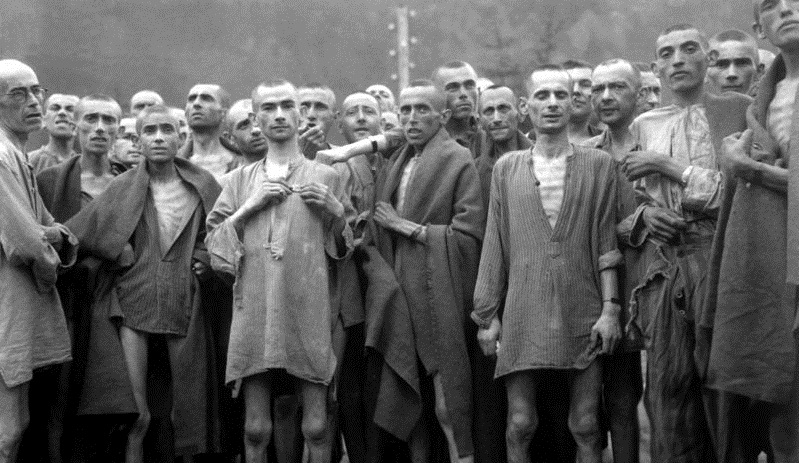
Whilst Schindler’s List, The Pianist and more recently Son of Saul may fit the bill for films which do justice to the overwhelming tragedy of the holocaust, as does Claude Lanzmann’s monumental documentary Shoah, there are few film-makers who hit a peak of inspiration and stylistic power like Alain Resnais with Night & Fog.
Made a mere ten years after the end of the Second World War, Resnais’ work juxtaposes oddly beautiful colourised shots of the countryside outside Auschwitz with monochromatic stock footage of concentration camp victims. It refuses to compromise in any single frame: Facing us head-on with some of the most horrific images ever captured and, masterfully, never offering any emotional guidance.
The prelude shots speak of the eternal memory we should pay the holocaust and its consequences but in itself Night & Fog borrows Georges Franju’s techniques in the incendiary Blood of the Beasts in simply presenting documentation without embellishment and allowing us to form our own emotional reactions. Restrained, ground-breaking and absolutely shattering.
4. Polytechnique
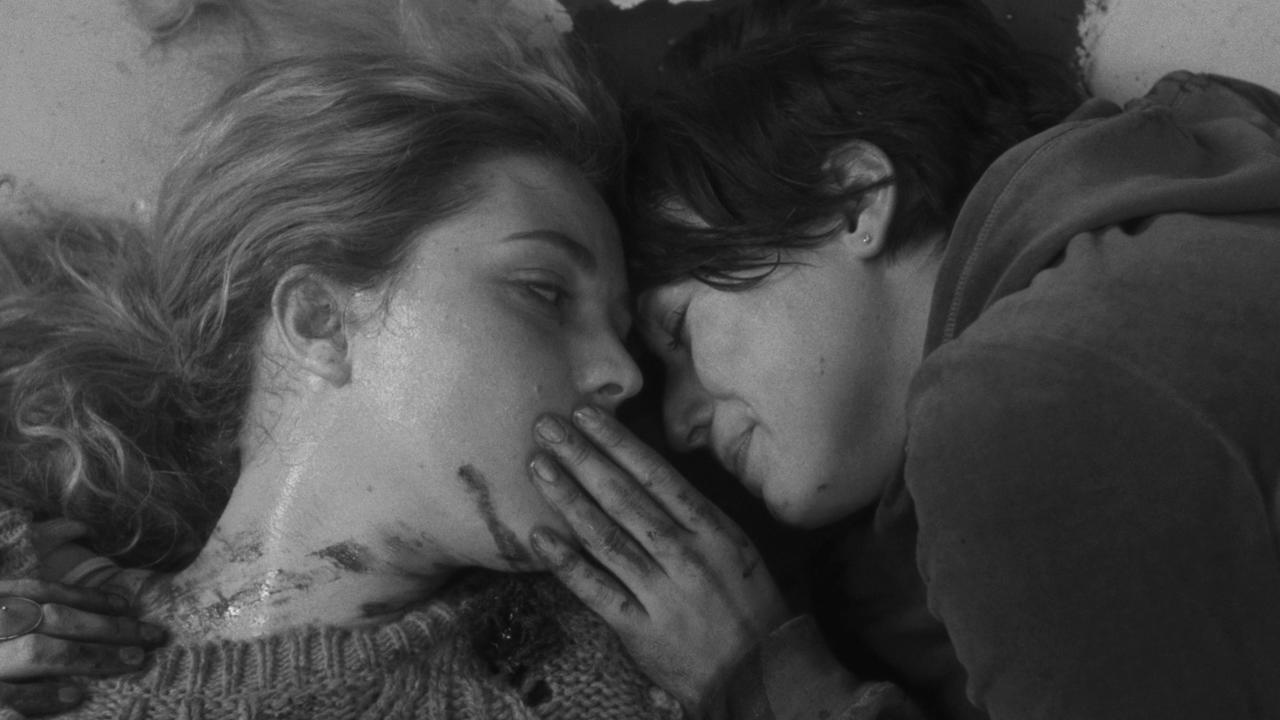
As his current streak of challenging and compelling films continues to extend, it is perhaps best to look back to the wonderful Denis Villeneuve’s earlier canon to find his greatest works: Most notably the masterful Incendies and Polytechnique.
The latter, similarly to Elephant, chronicles the events of a school shooting- though what Villeneuve does that elevates it above Sant’s work is very carefully work in elements of stylistic flourish such as extreme focus shots and a fractured narrative to capture the killings with both realistic dignity and cinematic effect that enhances the feeling we derive from seeing them.
The man’s style has always been understated and the nuance of direction, editing and writing he brings to bear here mark out Polytechnique as one of the finest works of its decade.
Vitally, he refuses to either demonise the ‘villain’ or lionise any of the story’s ‘heroes’. We watch the killer explain the reason for his actions before executing them with a practiced calm that is captured with a hugely admirable neutrality considering the personal connotations of the shooting this film is based on happening in Villeneuve’s home country of Canada.
Indeed what it achieves most strongly is setting aside any anger or hatred the event sparked and watching it unfold with the upmost sincerity- jumping in and out of narrative threads to demonstrate its disastrous effects before, during and even after the chaos.
With its string of haunting images, succinct runtime at a brief but brutal 77 minutes and refusal to attach characters to the people involved, instead simply observing a teenager suffering from psychopathy and tens of terrified students running for their lives, Polytechnique is both a marvel of film-making and a genuinely important work about the nature of violence as it relates to mass shootings.
3. United 93
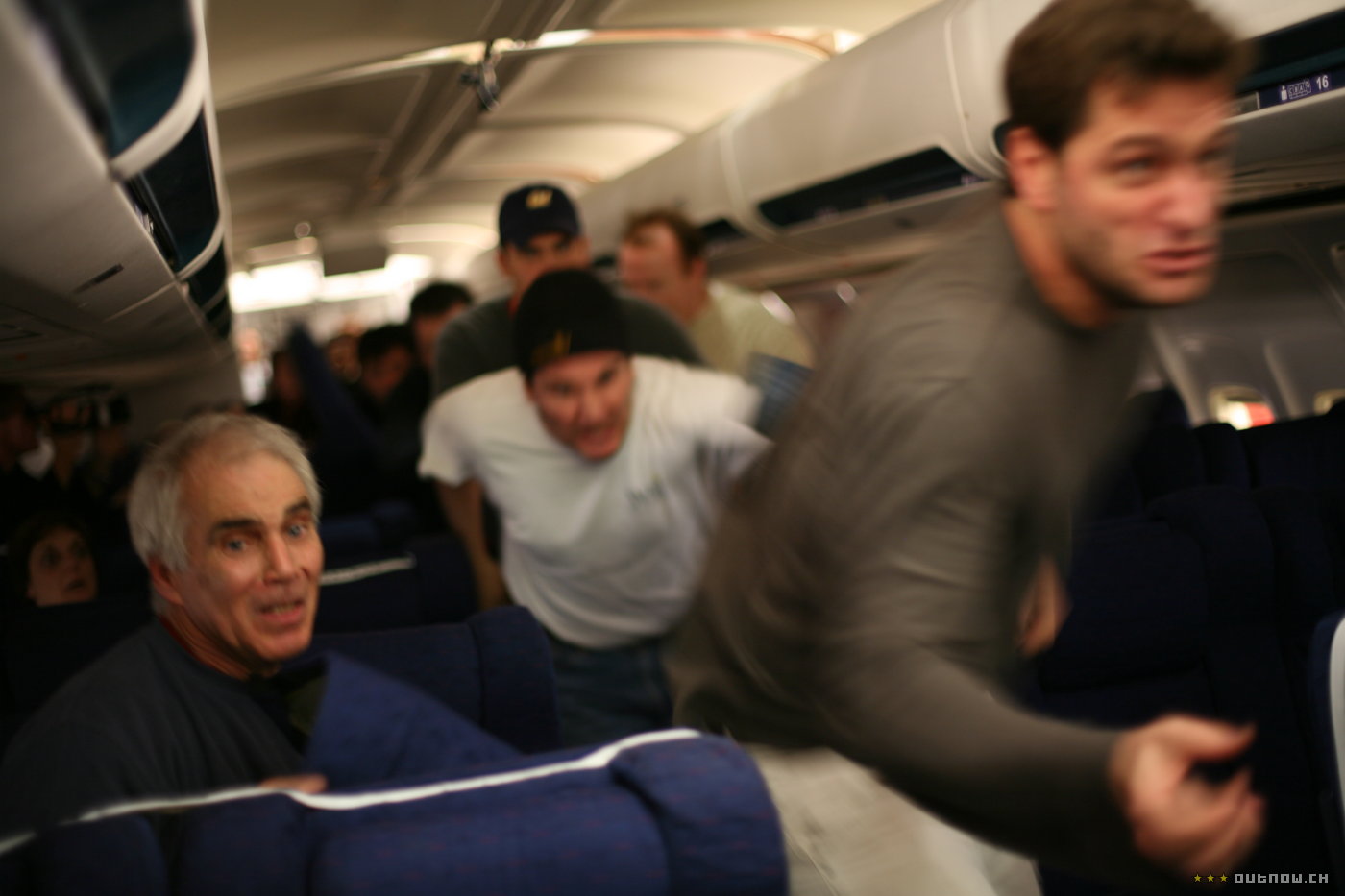
Paul Greengrass’ United 93 follows the plane which the passengers were able to bring down on 9/11 and remains one of the most truthful movies released this century.
Greengrass, known otherwise for working on the Bourne movies as well as political thriller Green Zone and similarly true story Captain Phillips decided that United 93 should subvert the likes of Matt Damon and Tom Hanks for totally unknown actors and a narrative that at no point attempted to draw a cinematic feeling out of anything happening on-screen.
The style is muted and observatory. The acting is terrified and oblivious. The editing ranges from fast to patient but it is never fluid- frantically bouncing from the ground to the air as flight control staff desperately try to wrangle with the deadly situation the passengers are facing.
In short: It’s an absolute masterclass in making a film about a true life event, refusing to bow into any form of box-office consideration and instead attempting to depict the events of that day as realistically as possible.
At the same time Greengrass follows the trend of neutrality and equal coverage these past few films have so graciously allowed the murderers they follow by allowing the hijackers time to sit and sweat in their seats- perhaps revealing a level of regret and sadness for the horrors they are about to set in motion.
It’s a film about everyone on flight 93, rather than just the passengers who heroically fought for the survival of the target they thought it might be headed towards, and for a Western director to have approached this situation with that level of maturity a mere five years after 9/11 is simply miraculous.
2. A Night to Remember
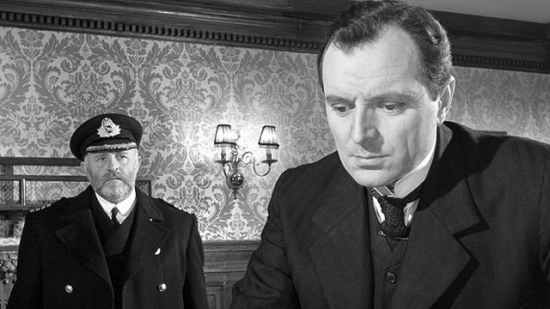
James Cameron’s Titanic was always more about its stars and their romance than the loss of life that happens to co-inside with their courtship and whilst it doesn’t quite feel like an unforgivably manipulative vehicle for a tragic love story there is far too much to criticise for it to take a spot here.
Titanic does serve as an essential example, however, to demonstrate the incredible devotion to the sinking of the infamous vessel that director Roy Ward Baker funnelled into 1958’s overpoweringly evocative A Night to Remember.
Distant from other thrilling disaster movies of its time, Baker’s grasp over the terrible catastrophe that left 1,500 souls at the bottom of the Atlantic Ocean leans towards a far more procedural examination of every event which led the ship to sink below the waves. Mark Kermode summed up his directorial mastery beautifully as having a surgical approach to visual detail- even tiny movements of little objects serving as haunting harbingers of the terror to come.
It’s an ambitious and assured miracle of special effects that at the same time never allows the lens to falter from the very human characters which play out their last hours on board. Drawing forth tears throughout its runtime for all kinds of brilliantly realised moments of both emotional nuance and sweeping power- A Night to Remember is far more worthy of your time than Cameron’s titanic love story.
1. The Battle of Algiers
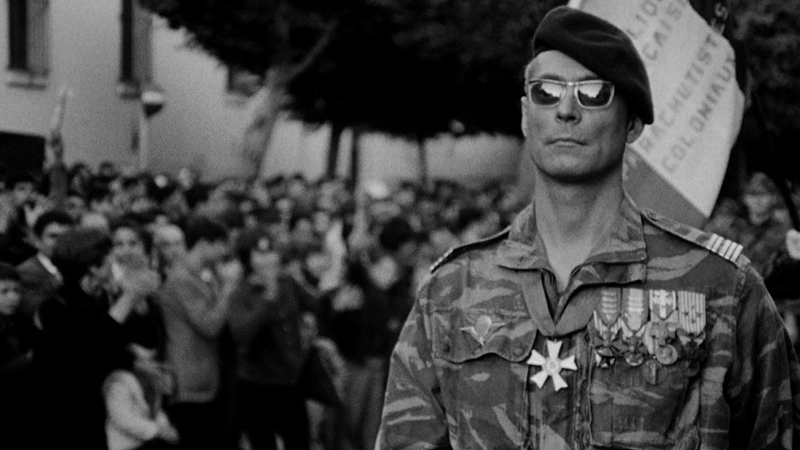
Tackling the Algerian war for Independence in which guerrilla insurgents battled against French colonial forces from 1954 to 1957, director Gillo Pontecorvo’s controversial masterwork continues to be the greatest political film of all time- as well as perhaps the most mature, insightful and prescient observations of ‘terrorism’ and the means with which we fight it ever put on a screen.
Today, it draws important parallels between Isis and the insurgents in Algiers and asks of us if terrorism is ever justified. Killing innocent civilians out of a radical fervour is just one unforgivable crime committed by the former… but what about the Algerians? What if you were denied independence? Discriminated against racially and religiously? Cornered off from the outside world in a manner ominously reminiscent of the Jewish Ghetto in Warsaw? Is it right to kill, then- if only to let them hear you?
Pontecorvo’s work examines the forces on both sides of the barricades with an absolute neutrality and equally disgusted condemnation of their heinous acts of violence. Both Military Paratroopers and Algerian insurgents ruthlessly murder civilians on the opposing sides and yet again we are reminded of Western air-strikes on the likes of Syria and how a bomb designed to kill terrorists can just as easily target innocent lives.
At the end of The Battle of Algiers, after years of bloodshed and agony for both sides, the French militia face a mob of screaming Algerians waving revolutionary flags. The French ask the simple question “What do you want?” and it is met with a cacophony of screaming, singular words drowned out by the endless barrage of noise. Pontecorvo does not provide us with subtitles, and yet we know exactly what they are trying to say.
Author Bio: Mark is currently studying Film Production and Screenwriting at University and has several scripts in varying stages of development and production.